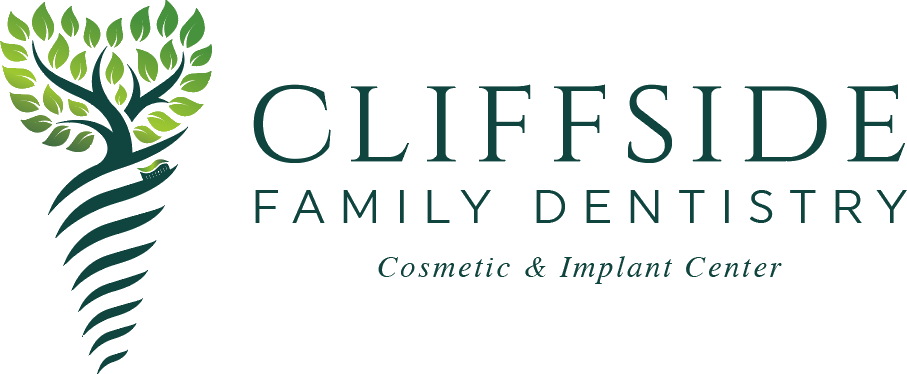You can visit the general dentist for diagnosis and treatment if you are experiencing signs of temporomandibular joint disorder (TMJ). Symptoms include jaw clicking, headaches, tenderness, and pain around the jaw area. TMJ pain can be disruptive to normal living, so it is advisable to visit the dentist as soon as possible for help.
An overview of TMJ
The joints connecting the skull to the lower jaw are complex and can move in many directions. They enable normal opening and closing of the mouth and oral cavity functions, such as eating and talking. When there is an issue with the temporomandibular joint and it cannot function normally, other problems will soon develop. Depending on the specific situation, patients may experience mild to severe pain. If the condition is not treated promptly, it will only worsen over time.
Diagnosing and treating TMJ disorder
Factors that contribute to TMJ disorder include injury to the jaw (including one that causes dislocation), jaw clenching and teeth grinding, crooked teeth, and arthritis. The general dentist can diagnose and treat someone for temporomandibular joint disorder. The cause of TMJ disorder is what determines the nature of the symptoms experienced by patients. During routine checkups, the dentist examines the jaw muscles and teeth to identify any signs of the condition.
The dental professional understands how the jaw functions and can therefore provide multiple effective treatment options to patients dealing with TMJ pain. TMJ disorder can be caused by jaw and teeth misalignment, so the dentist might recommend orthodontic treatment to realign the teeth and jaw. A teeth-straightening treatment can relieve many TMJ symptoms in many patients. The following are common treatment options.
Custom dental appliance: If the dentist discovers that the TMJ disorder is caused by teeth grinding or clenching, they may recommend a custom oral device. Also called a mouthguard or occlusal guard, this appliance prevents the upper teeth from directly hitting against the lower teeth. Aside from relieving TMJ symptoms, the device will also reduce wear on the teeth, which often causes other dental issues, such as tooth fracture.
Hot and cold packs: This option involves applying hot or cold packs over the jaw joint to reduce pain. Patients may be asked to maintain this routine around four times daily to relax the tense jaw muscles, which are often the main sources of pain.
Relaxation techniques: Patients can learn relaxation techniques to reduce or prevent pain in the joint area. The techniques focus directly on tense jaw muscles, reducing the tension significantly and consequently alleviating pain. Other options for treating TMJ disorder include using anti-inflammatory or muscle-relaxing meds.
Visit the general dentist
Dealing with TMJ pain is not fun. It can be debilitating and affect normal oral functions. However, remember that the general dentist can evaluate the condition and recommend options to relieve the pain. If you have questions or concerns, be sure to contact the dental office to book an appointment.
Request an appointment here: https://cliffsidefamilydentistry.com or call Cliffside Family Dentistry at (201) 917-7977 for an appointment in our Cliffside Park office.
Check out what others are saying about our dental services on Yelp: General Dentist in Cliffside Park, NJ.
Related Posts
Regular visits to the general dentistry office are essential for both adults and children alike. As a parent, you may have a lot of questions regarding dental appointments for your child. Knowing when to take your child to their first general dentistry appointment and what to expect from that appointment can help you prepare adequately.If…
During a visit to the general dentistry office, the dental professional will typically emphasize the importance of flossing. If you tend to forget to floss every day or have trouble with the process, you are not alone. The time and effort required to thread the floss between each tooth and remove plaque and food particles…
General dentistry helps address issues like a tooth infection. A teeth infection typically occurs when a tooth’s pulp chamber has been opened up by decay or infection. This enables bacteria and the acids that they make to reach these soft tissues, leading to excruciating toothaches and significantly increasing the risk of infection.General dentistry classifies teeth…
Tooth decay is one of the most common oral health concerns that general dentistry offices deal with. The good news is that there are effective and minimally invasive ways to treat most cases of tooth decay, and patients can prevent tooth decay from developing through good oral hygiene practices and regular dental cleanings.Tooth decay is…
Book Your Appointment Today!




